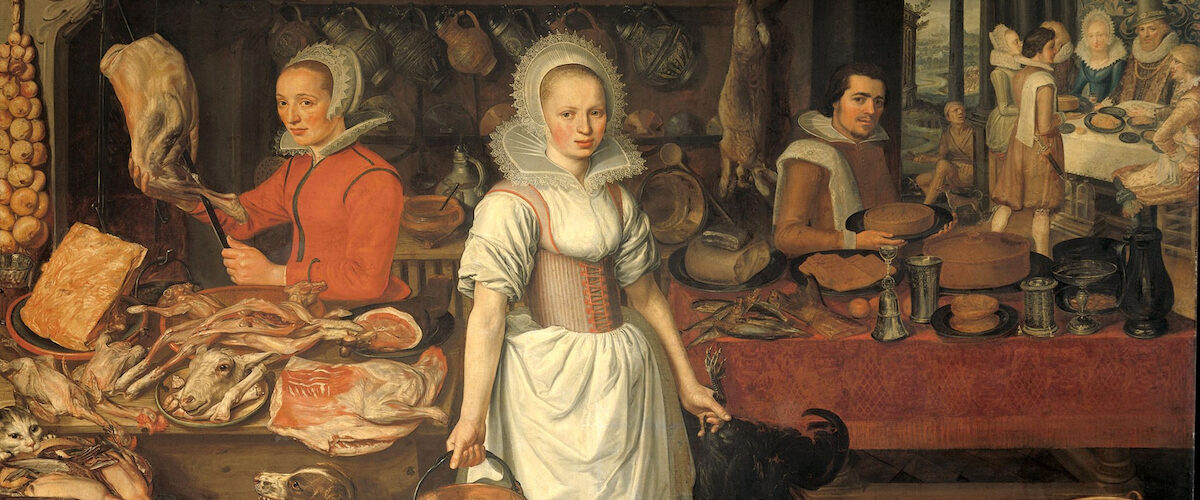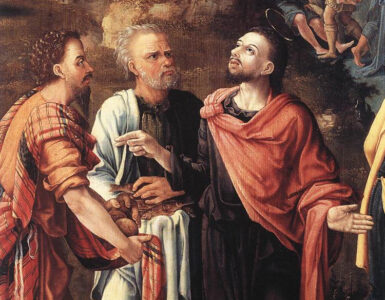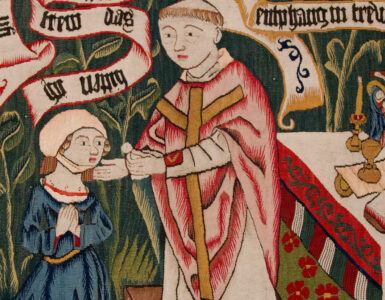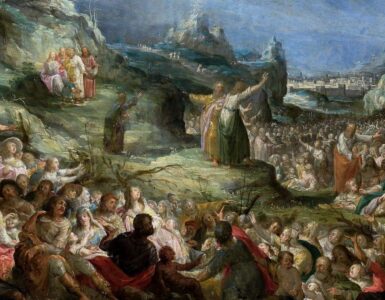Another Sunday, another jolt to our spiritual routine, another shock to our mindset. Yes, because even this time, as we did last Sunday, we might have said to ourselves: “I know this story, I know how it ends. I am glad that poor Lazarus got to heaven as a reward for…” For what? Did he do anything noteworthy? Anything meritorious? A single good deed; name one!
In the story told in the Gospel of Luke (16:19-31) Jesus doesn’t mention a single good deed done by Lazarus in his whole life. Nor does he mention anything bad done by the rich man who was feasting every day. Mmmh, with this very familiar parable Jesus corrects two common misconceptions:
First: If we have got lots of money, let us be careful because we might wind up next to the rich man. While, if we are poor and destitute, let us put up with our miseries and hang in there: after death we’ll get to heaven and we would get the last laugh, an eternal laugh! I do not think that this is necessarily what Jesus intends to teach us.
Second: Nor is it, as the Jews thought back then, that wealth is a clear sign of God’s approval of one’s life and the result of his blessings, whereas poverty would indicate his displeasure with one’s conduct. Well, we know that the latter is wrong because Jesus Himself chose to be the poorest of the poor with not even a place to rest his head (see Matthew 8:20) and died a most wretched death as if cursed by God (Gal. 3:13).
But we still envision the former, i.e., the revenge of the proletariats and the eternal punishment of those who have money to burn and are tightwads.
So, what does Jesus intend to do with us and onto us by retelling this parable? The first thing that jumps right out at us is the fact that he considers us “Pharisees.” Look at the opening statement of this Gospel passage. (Luke 16: 19) The Pharisees were notorious for two things: their love of money (Luke 16:14) as a sign of God’s approval of their goodness and righteousness and, concomitantly, their efforts to make sure that their rapport with God was based on claiming a fair reward for good things scrupulously done and for which they took credit. However, according to Jesus’ mindset, wealth, far from being evidence of God’s approval of one’s conduct, tends to isolate one from the community (in our case from the Church, the Body of Christ) and to cause a loss of identity marked by blissful ignorance of and indifference towards others. Indeed, we notice that the rich man has no name, while the poor man has (Lazarus = God helps).
We also notice that the nameless rich man lived alone away from his father’s home and that he had isolated himself from the rest of the world by way of “a door.” He must have reached this decision gradually by thinking: “Since my wealth is MINE and it is evidence of both my goodness and of God’s favor, why would I open my door to others and do anything to reduce, by sharing, the means that afford me this lifestyle?”
So, if we take another look at the lifestyle of the nameless rich man, we might notice that, by choice, in his delusions of righteousness, he was living in a self-made “hell.” And his death simply perpetuated his isolation symbolized by an impassable chasm.
Is Jesus telling us that there might be no dramatic reversal occurring at one’s death? The nameless rich man realized way too late that he should have taken down “the door” separating him from his father, brothers and sisters and the community while on this earth. He became aware of others (in his case his 5 brothers) after hell had already closed in on him. The chasm between himself and the community [of Saints] was too large to cross.
This dramatic story, then, begins to shed light on the main purpose of our Eucharistic meal/feast. Ideally it is meant for those who have not closed any door between themselves and the rest; have not dug a chasm to keep them from their family and community. The Eucharist is meant for those who are constantly, willfully, thoughtfully aware of the joys and sorrows of others. The Eucharist is meant for those who know very well that they have no claims before God for any good deed done (see John 15:5); and also accept trustingly their allotted life conditions (like Lazarus) with hope-filled acceptance rather than complaints. As we attend this Eucharistic feast we should find out if we display any tendency toward isolation and /or indifference, as well as any sense of self-righteousness that might have crept, undetected, into our heart.
Were we to notice something amiss, something that would identify us as being “Pharisees,” we should waste no time in returning to the Lord with a contrite and humble heart. As Abraham points out, it would be foolish and unrealistic to expect a miraculous, sensational revelation similar to the one of a “Lazarus” coming from beyond the grave to warn us of impending danger due to our complacency. It would be very wise of us to play it safe by tossing aside any claim to righteousness based on our alleged good deeds and, instead, by owning up to our extreme spiritual poverty and need for divine mercy. After all, every time we gather for our Eucharistic meal/feast there is no door separating us from our Lord: there should be no door separating us from our brothers and sisters.
May the Holy Spirit persuade us to change our outlook because of the astonishing fact that we are here to celebrate with the ONE who has indeed risen from the dead. We are aware that the very nature of his FEAST is a constant awareness of others, an everlasting communion, an eternal sharing, an endless loving and caring among brothers and sisters in the very family of the Heavenly Father.






























